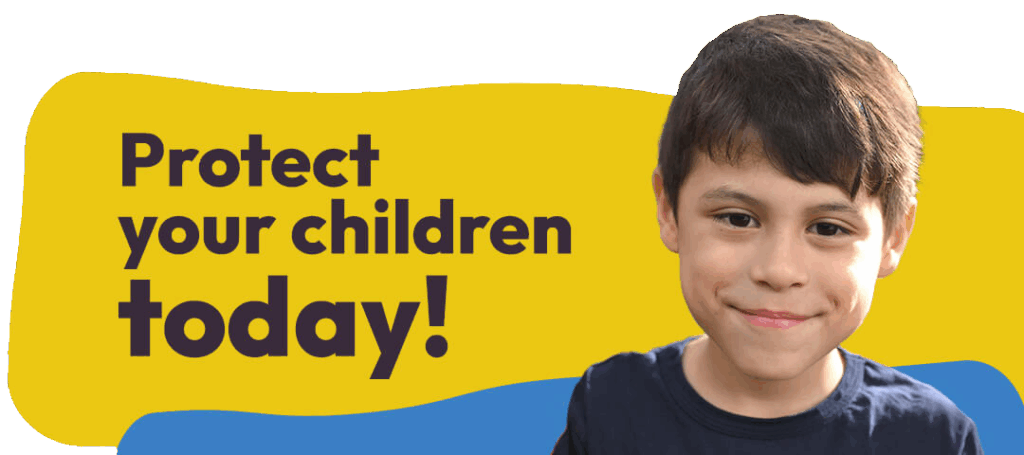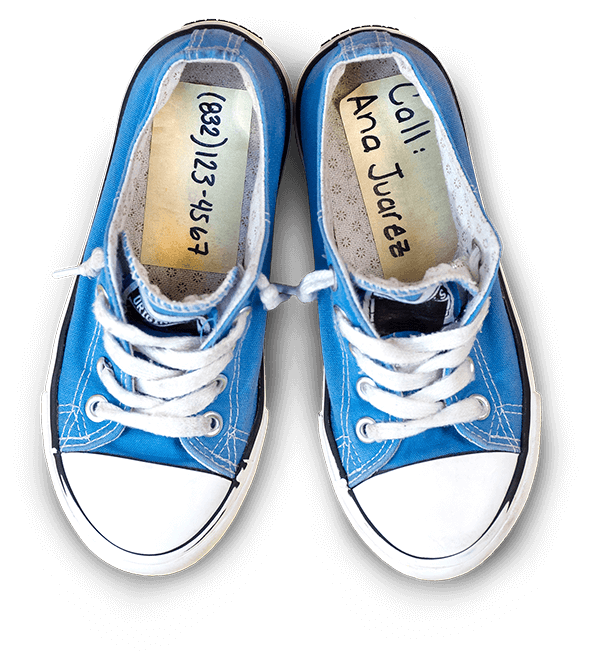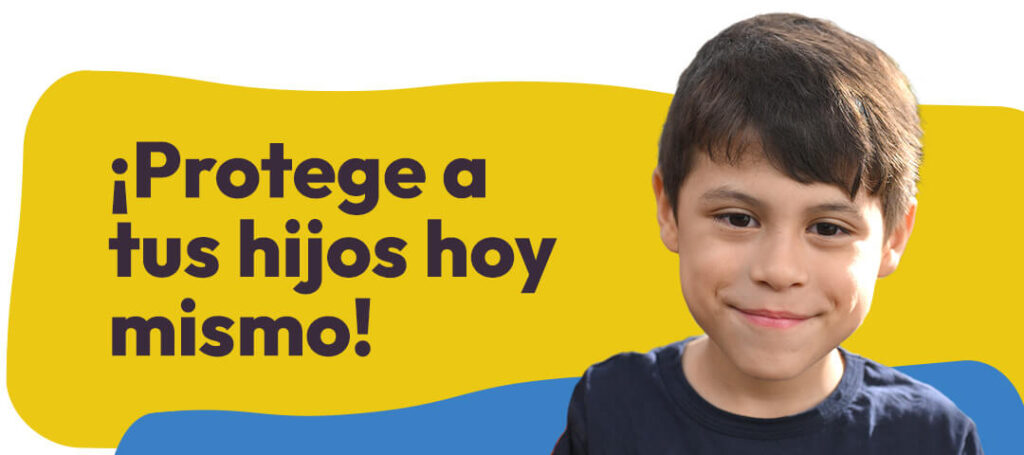
An emergency contact can take care of your kids
Choose a trusted adult. Give them legal permission to take care of your children if you are unable to do so.
an iniciative by


What do I do?
1
Choose someone you trust
Talk to a U.S. citizen or lawful permanent resident (that has a Green Card) who can care for your children in case of an emergency.
2
Advise who your emergency contact is
It is important to give schools, daycare centers, or other caregivers the contact information of the person in charge when you can’t be there.
3
Complete the document for your state
Give your emergency contact legal authority they need. Find your state’s requirements and forms here.
4
Go to a notary and sign the document Some states require you to sign the document in front of a notary. You can go to a UPS store. They will help you print and notarize the document.
5
Save the information
Save copies of the documents on paper and on your phone (and your kids, if they have one). Give copies to your contact.
6
Talk to your kids about temporary separation
Talk to your children as appropriate for their age. For younger kids, write the name and phone number of the emergency contact inside their shoes.
Easy. Fast. Important for your family
Find your state and download the right document.
Where can I find a notary public in the United States?
The easiest and cheapest option is to go to a UPS center. They can print the forms and notarize them right there.
UPS Stores
Many UPS locations have notaries. It costs around $20. They will print the form for you right there.
Banks
Some banks, or credit unions, notarize documents for their customers free of charge.
Every child deserves to grow up with those who love them the most.
Help prevent family separation by supporting immigrant parents in appointing a someone to care for their kids in an emergency, with the appropriate legal document for their state… before it’s too late.
Your donation provides free access to forms, legal guides, and step-by-step support to protect thousands of families. Your ongoing support allows us to spread the word about the importance of the process and the resources available.

Important Recommendations
- f you have specific questions or need more legal certainty, consider talking to a family law attorney in your state.
- If your plans or family situation change, update the document so that it remains valid.

Frequently Asked Questions (FAQs)
Who can I name as emergency contact?
- A U.S. citizen or legal resident, over 18 years old.
- A relative, close friend, or neighbor who agrees to take care of your children on a temporary basis.
Why give your kid's emergency contact legal permission?
- A document (called a power of attorney or affidavit) signed before a notary allows a trusted adult to care for your kids if you are unable to do so.
- Without this permission, in an emergency where the parents are not present, the state could take your children into temporary foster care and separate them from their family.
Do I need a lawyer?
- You do not need a lawyer to complete and sign the document.
- However, if you have a complicated case, seek help from a family lawyer.
Why do I need a notary?
- In the United States, a notary verifies the identity of those who sign a document and certifies their signature with a stamp.
- Notaries in the US are different from the very formal notaries in Latin America.
- Notaries in the US are not lawyers, cannot give legal advice, and cannot charge for legal services other than certifying signatures.
Where can I find the document that I need to use?
- Each state has its own rules.
- Find your state on the list. There you will see the document you need and the local organizations that can help.
How long is this type of document valid for?
- It depends on the document and the state.
- It usually lasts from 6 months to 1 year and can be renewed if necessary.
Can I cancel or change the document?
- Yes, as a parent, you have the right to cancel or change your decision at any time.
- You must draft a cancellation letter and notify all parties involved (guardian, school, doctors, etc.).
- In some states, it may be necessary to sign the revocation before a notary, or even a judge.
Do I lose my parental rights?
- It is a temporary measure.
- Some documents allow someone else to care for your kids if you are unable to do so.
- You remain responsible for your children.
- Review the rules and documents for each state.
Do I need to be a U.S. citizen or legal resident to appoint an emergency contact?
- No. Any parent, regardless of their immigration status, can complete this type ofdocument to protect their kids.
- Make sure the person caring for your children has legal status in the country.
What types of documents allow me to appoint a caregiver?
- In some states you give permission with a document called a Caregiver Authorization Affidavit.
- In other states, you can fill out a limited power of attorney.
How do I talk to my kids about possible separation?
- Talk to your children taking their age into account. Younger children do not need to know everything that is discussed in the media.
- Ask first. What have you heard? What worries you?
- Acknowledge your kid’s fears. Don’t dismiss their concerns. Don’t lie to them. Age-appropriate honesty will help maintain a healthy emotional relationship within the family.
- Limit your children’s media consumption. It is not good for them to see what is happening in our communities, especially if it is violent.
- Review the family plan with your children in case of separation and remind them often that even if they are separated, mom and dad and these trusted people will do everything possible to get them back together again.
How do I talk to the person I want to temporarily care for my kids?
- Tell your trusted person what you want for your children.
- Have a plan for what to do if you are separated from them.

an iniciative by



